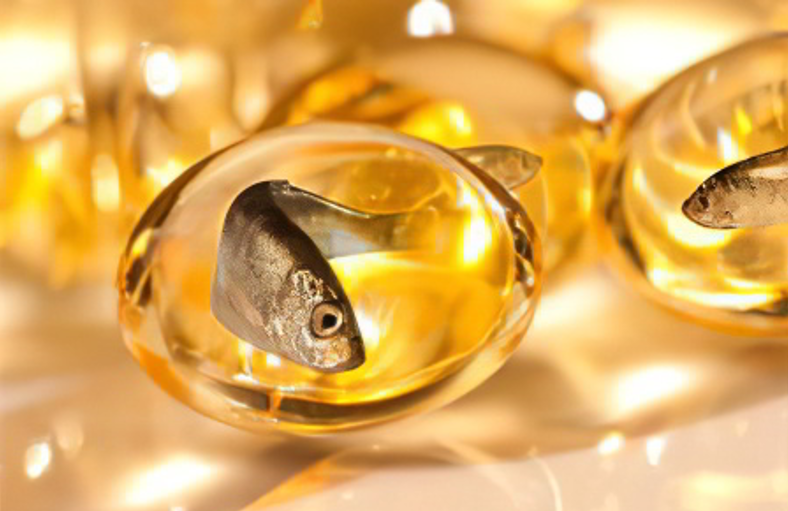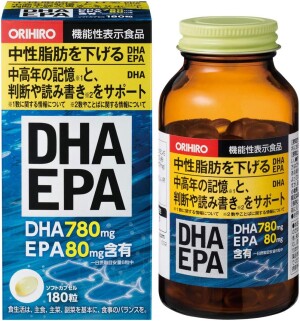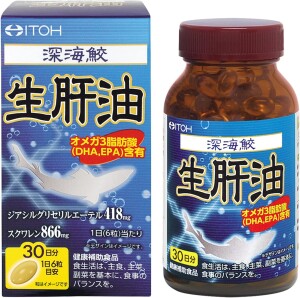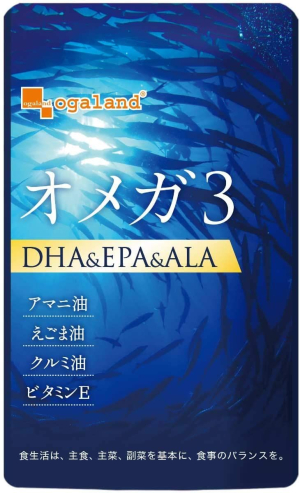
Most people have heard of fish oil, especially older generation who might cringe at the memory of taking this beneficial but often unpleasant-tasting supplement. Recently, shark liver oil—also known as squalene—has become more popular.
Sharks may be seen as scary predators, but different parts of them have been used in cosmetics and medicine for a long time, including for treating and preventing cancer. In the past, shark liver oil was considered expensive and hard to find. Now, you can find bottles labeled "squalene" on most pharmacy shelves. This oil comes from the liver of sharks.
So, why do we need shark liver oil when fish oil seemed to do the job just fine? Is there a difference between fish oil and shark oil? And if so, which one should you choose? Let’s take a closer look.
Key Differences Between Fish and Shark Oils
Omega-3 supplements come from marine fish (like cod, mackerel, and tuna) and from shark liver oil (squalene). Many people don't realize the differences between them. Though both come from marine sources, they are not the same.
- Source: This is the main difference.
- Unique Compounds: Shark oil contains a special component called alkylglycerol, which can’t be provided by any other fish.
- Chemical Nature: Squalene is a natural hydrocarbon from the triterpene series and belongs to the carotenoid group.
- Fatty Acids: Shark oil has Omega 3, 6, and 9 fatty acids as well.
- Vitamins: Shark liver oil is also rich in vitamins A, E, and D.
Shark oil combines all the benefits of fish oil and more. It plays a crucial role in allowing sharks to thrive in low-oxygen environments by helping to deliver oxygen to their organs and tissues. Additionally, sharks are known to be resilient to illnesses; efforts to infect them with various diseases in labs have shown that their liver oil contributes to this toughness.
The Powerful Composition
Japanese scientists were among the first to study the remarkable properties of shark liver oil. Over several years, they discovered that its effectiveness comes from its unique compound:
- Natural Antibiotics: Squalamine
- Antioxidants: Squalene
- Polyunsaturated Fatty Acids
- Vitamins: E, A, and D
- Trace Elements: Such as zinc, magnesium, iron, etc.
- Alkylglycerols
This composition supports several health benefits, including:
- Helping to prevent and treat inflammatory diseases
- Boosting the immune system
- Normalizing metabolic processes in the body
- Promoting quick recovery and revitalization
- Lowering cholesterol levels
It's hard to find a natural substance like shark liver oil that positively impacts every organ in the body and even improves skin, hair, and nails.
How to Take Squalene
To start, it’s essential to pick a high-quality product. Our store offers goods intended for the Japanese market, which means they’ve undergone thorough research and testing to ensure safety and effectiveness.
Here are some general guidelines on how to take squalene:
- For Adults: Take with meals and drink water with it. If you have stomach issues, it’s best to take it at the end of your meal. An average course lasts about two months.
- For Children and Teenagers: (It is safe for all ages, even young children). Children under 14 should take deep-sea shark oil once daily after meals. In the autumn-winter season or if your child’s immune system is weak, you can extend the course to four months.
- For Topical Use: Shark oil can also be applied externally. You can open a capsule and use it as an antiseptic on wounds or injuries—gently rubbing it into the area twice a day. It can also be used in rejuvenating masks by applying a few drops onto clean skin and massaging it in. For this purpose, treatments typically last three weeks to a month. It is also effective for warming up muscles and aiding bone healing.
Many nutritionists recommend adjusting the duration of intake based on age: two months in your 20s, three months in your 30s, four months in your 40s, and so on.
Who Should Avoid Squalene
While it is generally safe for most people, it is not recommended for those with seafood allergies. Pregnant and breastfeeding women should also use it cautiously, as should individuals with low blood pressure.
Overall, there haven’t been significant issues noted with squalene over the years in medicine and cosmetics. However, it's important to keep in mind that no supplement is completely risk-free. Taking too much squalene could worsen pancreatitis, cause insulin shock, or lead to circulation problems. Always stick to the recommended dosage to avoid complications.
Your health is your responsibility. By reading this article, you’re already taking a positive step towards managing and improving your health. Don’t miss out on the chance to enhance your well-being with unique, high-quality products from Japan!



